SHARE
Flatirons Fuse: Branding our Importer

Contents
Contents
Flatirons Fuse not only prides itself on providing a simple, intuitive data import tool with an equally simple and intuitive setup process, but also on providing a solution that can fit within any site or application. This includes branding/white-labeling our solution so that it becomes a seamless part of your user experience. While you can try our solution for free, custom branding and styling are only available with our Pro package and beyond. In this article, we’ll show you how quickly and easily you can customize our solution to your branding requirements even if you cannot immediately access this functionality for your free test of our solution.
Once you have access to our Pro tier, branding our Flatirons Fuse solution takes only a few short steps. Assuming you have created an Importer from your Fuse dashboard and established any custom rules for your data imports, you can immediately get started on branding your importer by selecting Branding from the left-hand menu, or, if you are going through the Get Started wizard, by clicking the Customize button.
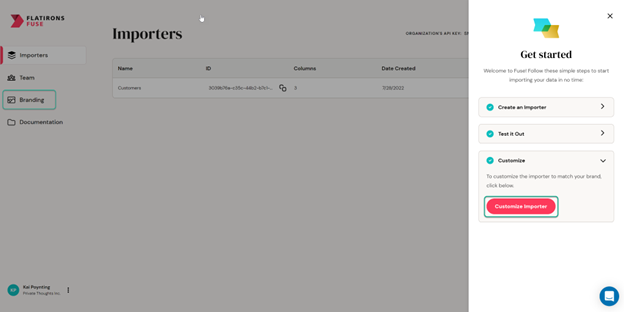
This will take you to our Customize Importer workspace. As you can see, the layout is pretty intuitive.
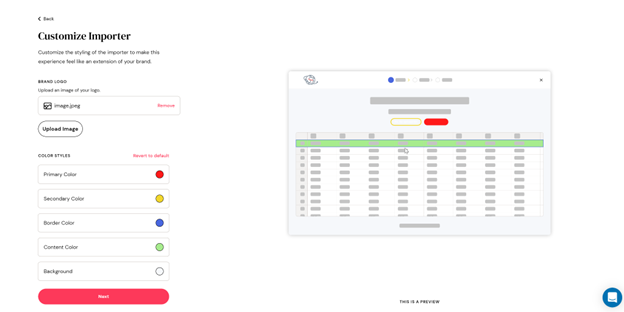
The first step to customizing your importer is to upload the logo for your organization. Click Upload Image, and simply browse to the logo file you would like to use.
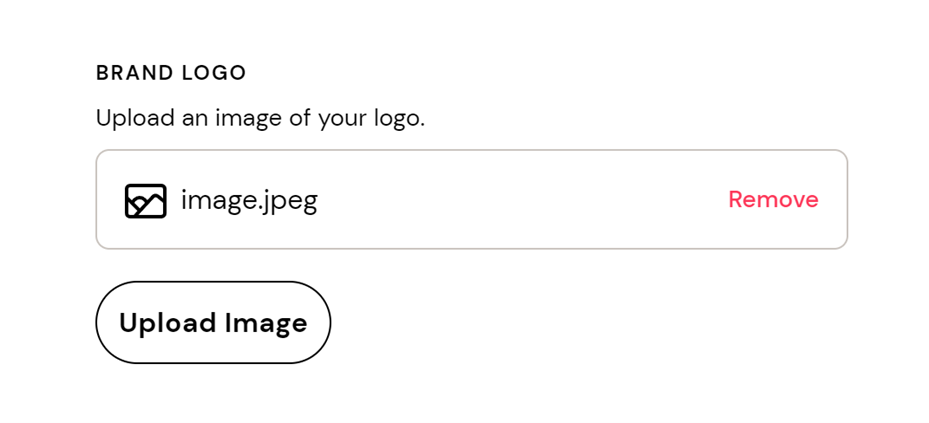
Once you have your logo applied, it is time to select the colors you wish to use within the importer. Simply click the circle, and either move the color selector to the desired RGB color or enter the desired RGB values according to your style guide. Repeat this process for each color option (primary, secondary, border, etc.). Play around with it until you find the combination that works best for you. It is the same process for all color options save the last one, the background. Currently, background offers three color options, White, Light Blue, and Light Tan.
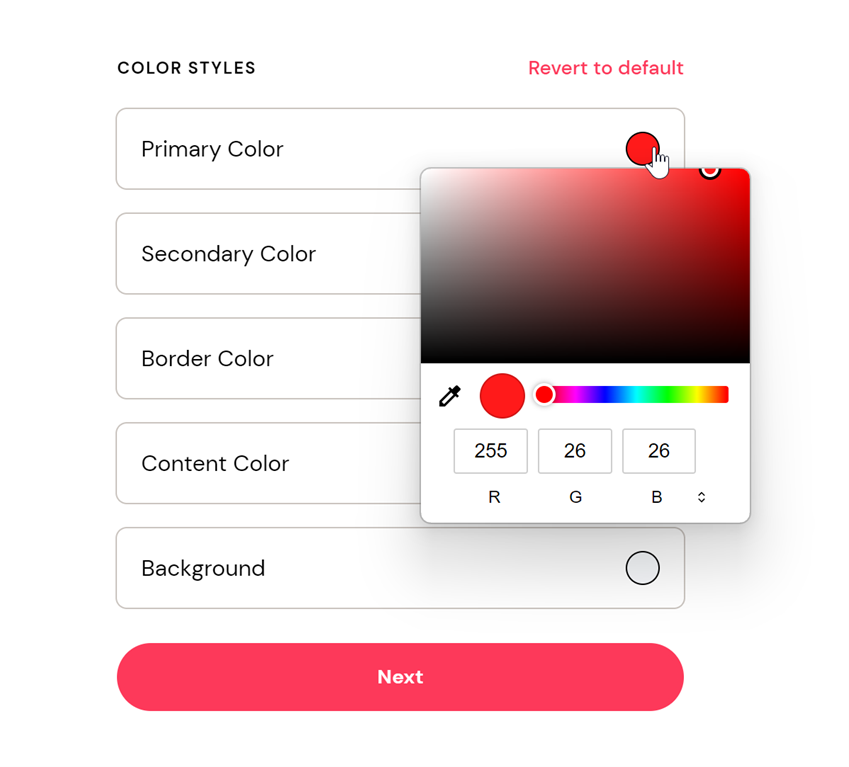
You can see a basic preview of the changes made within the Customize Importer workspace. Once you are happy with the selections made, all that remains is to click Next.
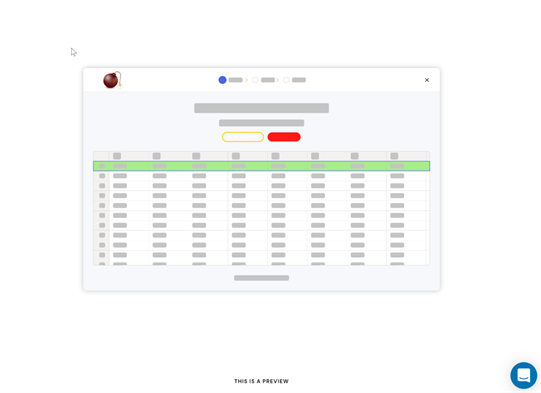
Once you have clicked Next, the process is complete. You can return to the Customize Importer screen at any time to make further changes. You can now test your customized importer and see it as the customer will. To do so, go to Importers on the left-hand menu, and click on Preview beside the template you created.

This will allow you to go through a full preview of the import process, using the template you created, as well as your branding selections.
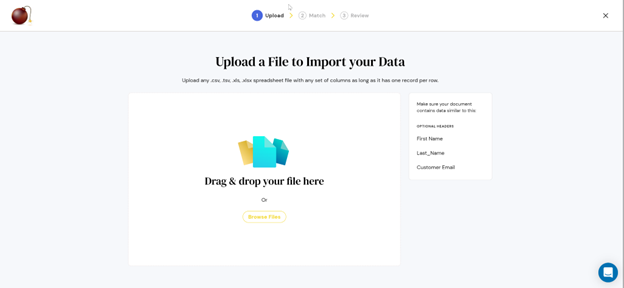
Verify that the results match your needs and modify them as necessary. Your importer is now customized and can seamlessly be integrated into your solution. If there are any features or customizations that are not provided and you would like to see them, let us know. Flatirons Fuse is the premier alternative to Flatfile and CSVBox and we are always looking to improve!
Professional CSV Import Solution
Flatirons Fuse is an enterprise-grade, embeddable CSV import solution.
Get the CEO's Take
Handpicked tech insights and trends from our CEO.
Professional CSV Import Solution
Flatirons Fuse is an enterprise-grade, embeddable CSV import solution.
Get the CEO's Take
Handpicked tech insights and trends from our CEO.

Perl vs Python: Choosing the Right Scripting Language
Flatirons
Apr 20, 2025
IoT Database: Manage Connected Device Data Efficiently
Flatirons
Apr 14, 2025
Proof of Concept Template: A Step-by-Step Guide
Flatirons
Mar 26, 2025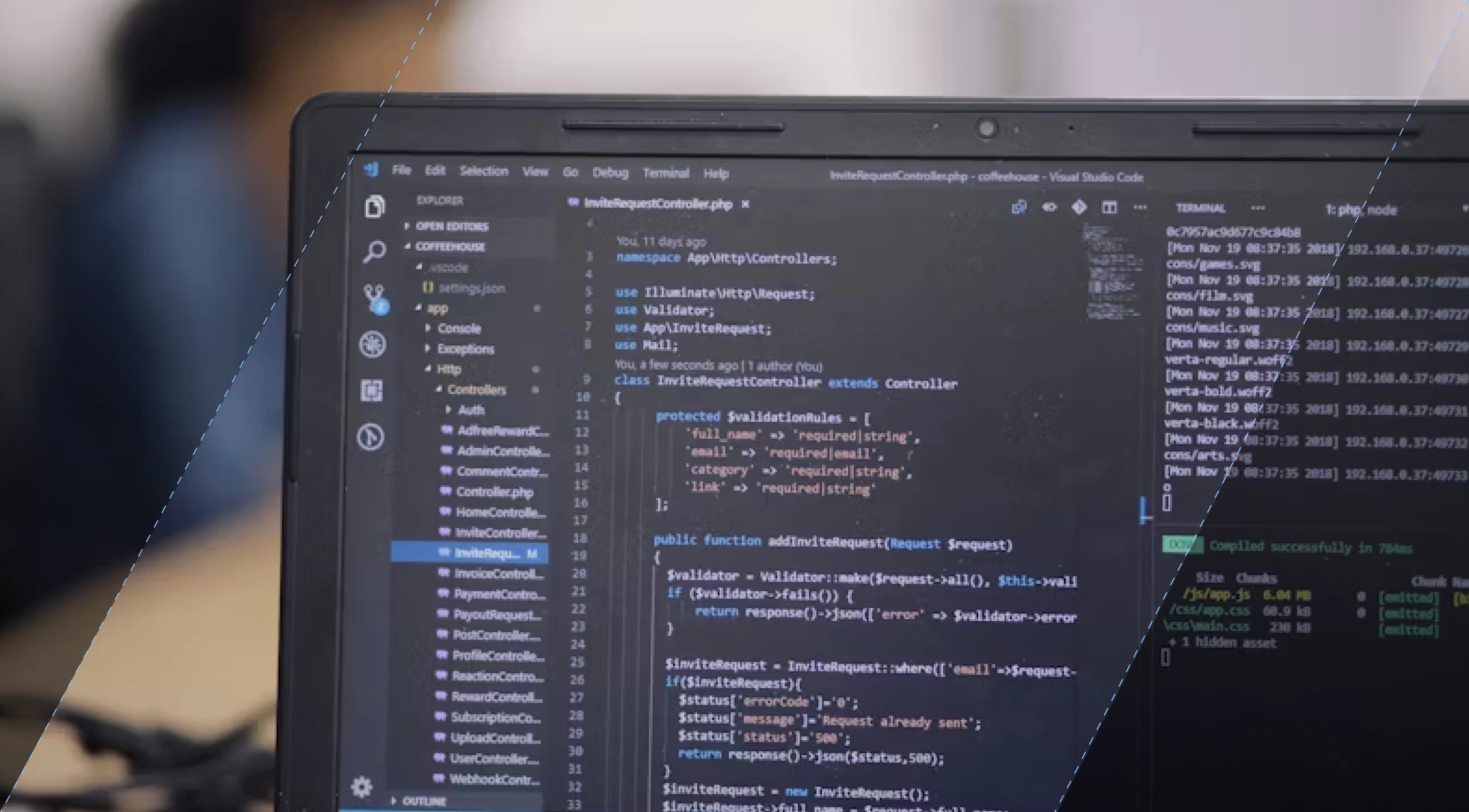
Objective C vs Swift: Which is Better for iOS App Development?
Flatirons
Mar 25, 2025
Scala vs Kotlin: Comparing the Functional Programming Giants
Flatirons
Mar 22, 2025
IoT Smart City Solutions: Transforming Urban Living
Flatirons
Mar 17, 2025